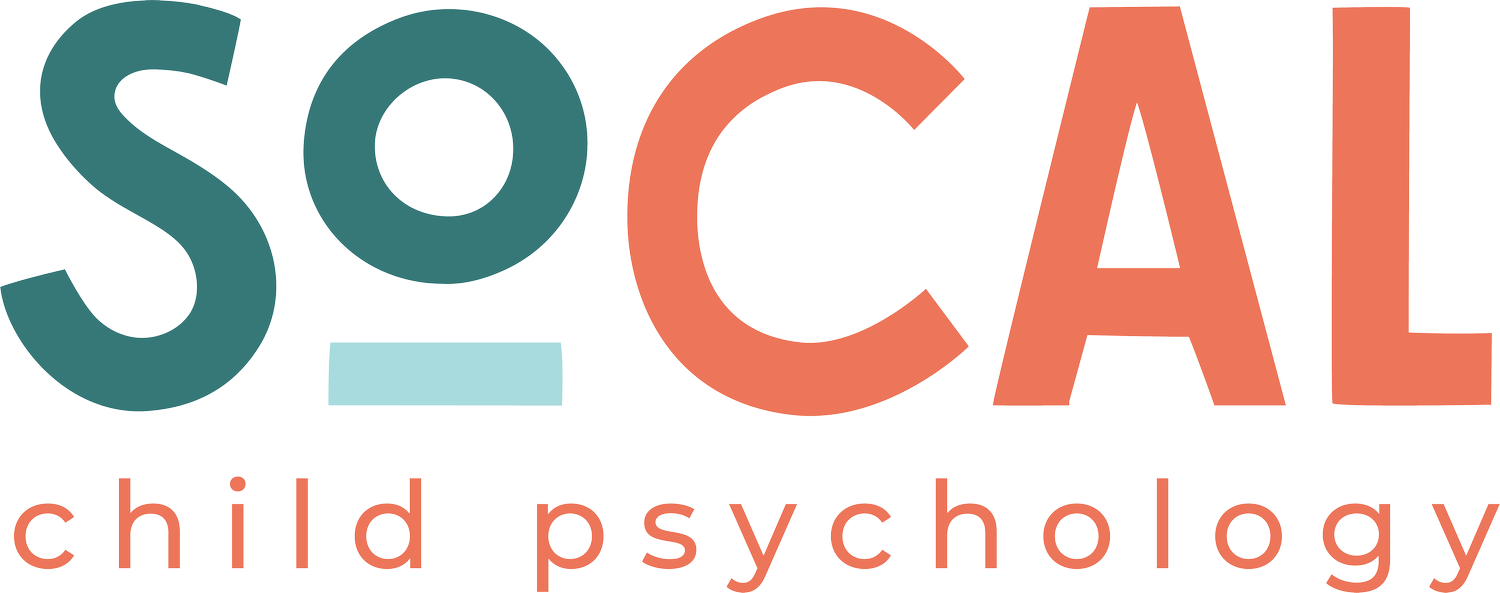Emotional Regulation in ADHD
Emotion regulation is the ability to manage how you experience emotions.
It typically involves being able to identify and down-regulate emotions. Down-regulating refers to the ability to reduce the intensity of emotions. Emotion regulation is not just a skill that is used for challenging emotions (e.g., to reduce anxiety), but also for positive emotions (e.g., managing excitement).
What influences emotion regulation?
Emotion regulation is a skill that develops. It is why 5 years olds may have better abilities to control their emotions than a 2 year old. There is some evidence that a child's temperament affects their emotion regulation abilities. The environment kids are in impacts it as well. When kids are younger, they often look to others (e.g., parents) to self-regulate. As kids get older, it’s important for them to learn how to self-regulate.
How does ADHD affect emotion regulation?
Kids with ADHD may display more difficulties with emotion regulation. Emotion regulation is an aspect of self-regulation that is also an executive functioning skill. While executive functioning skills often develop into our 20s, for kids with ADHD, they can develop much later leading to more difficulties with self-regulation.
How do you help kids learn emotion regulation?
Since emotion regulation is a skill, it's helpful to think of these skills as learning how to read or math. It is something that kids will need practice with and support from their parents to learn. Kids must learn how to manage situations that may be difficult, in order to learn how to tolerate their emotions. As a parent, you can start by teaching your child skills (e.g., deep breathing) in situations that are not emotionally challenging. Then, help them practice these skills in a situation which is slightly more challenging, but not resulting in meltdowns. Teaching kids skills in this way allows them to be the ones to self-regulate and ultimately become independent in how they manage their emotions.


